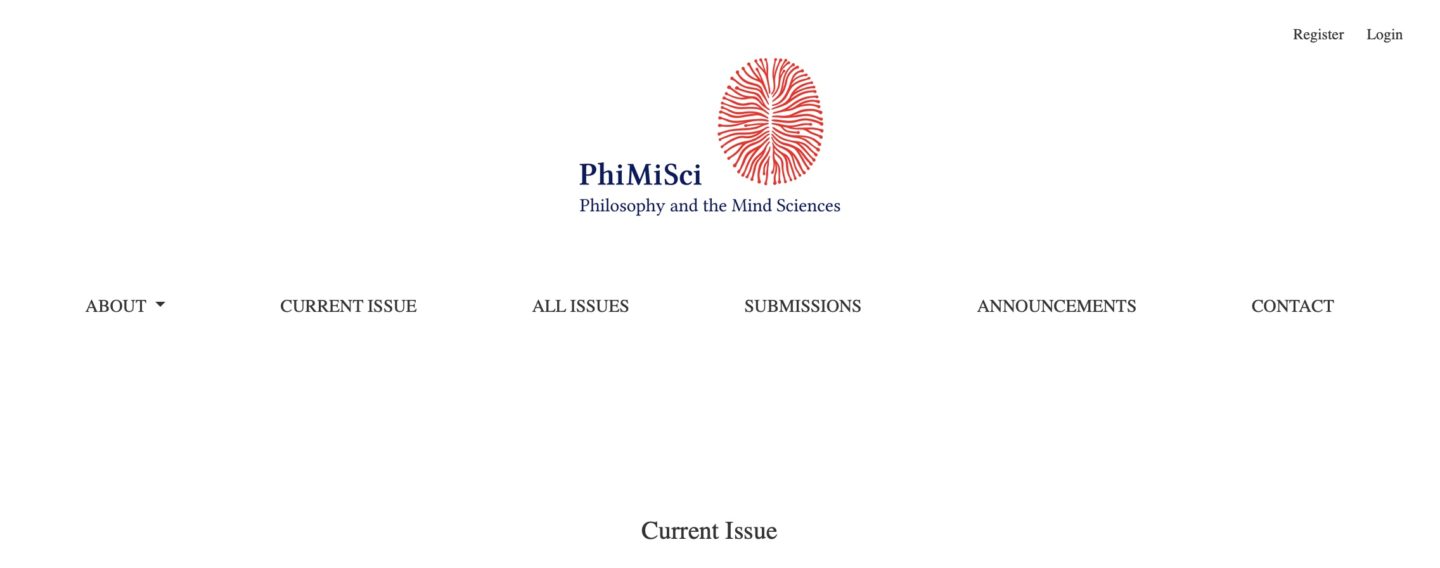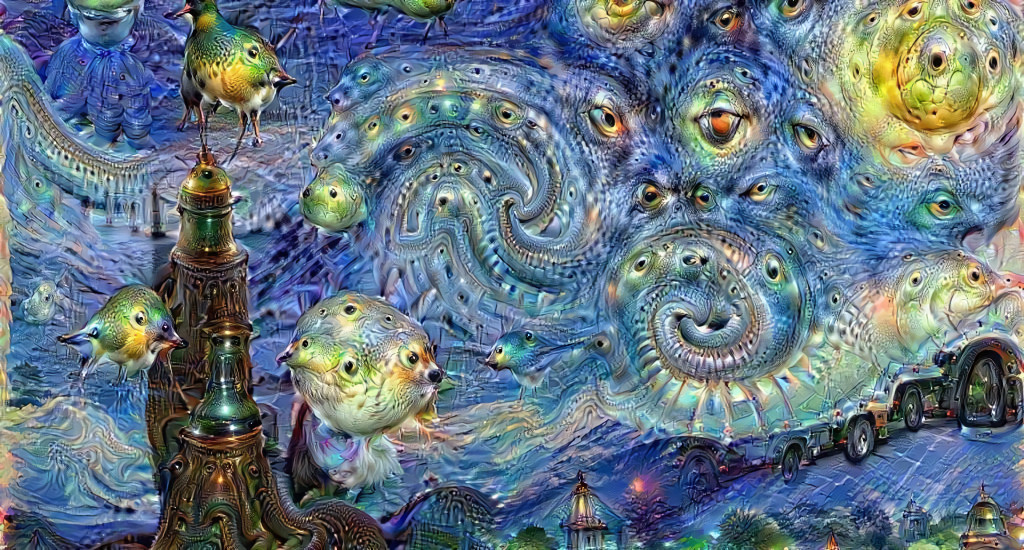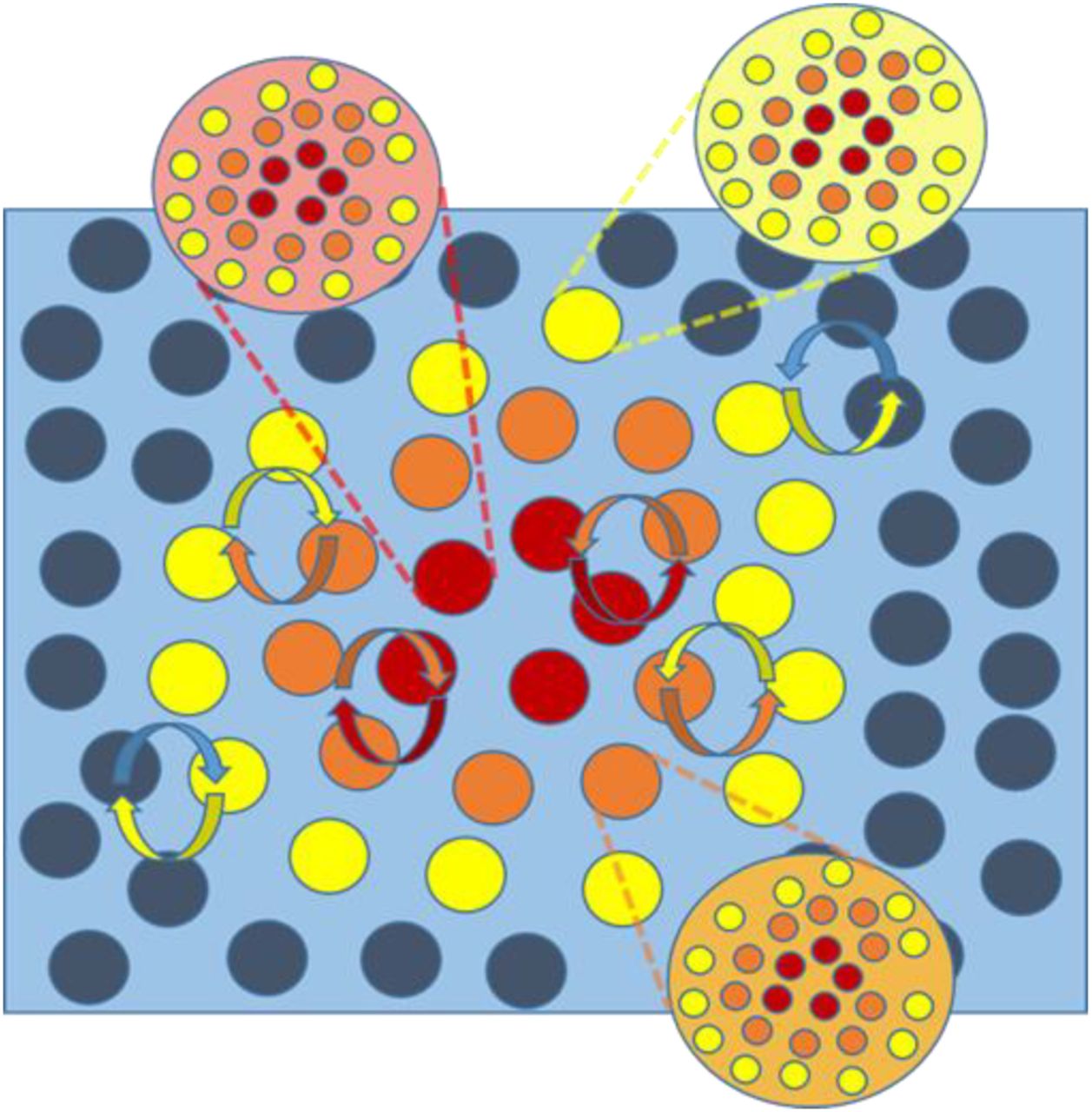Philosophy and the Mind Sciences is a new, peer-reviewed, independent, not-for-profit, entirely open-access journal that “focuses on the interface between philosophy of mind, psychology, and cognitive neuroscience”. Its editors-in-chief are Sascha Benjamin Fink (Magdeburg), Wanja Wiese (Mainz), and Jennifer Windt (Monash).
The journal is now open for submissions.







